The average CO2 emissions of new trucks must be at least 45% lower by 2030, lawmakers in Europe have ruled.
The European Parliament has backed the EU Commission’s proposed targets to reduce emissions from heavy-duty vehicles.
Truck makers will have to cut the average emissions of new freight trucks by 45% in 2030, 65% in 2035 and 90% in 2040, which should result in a near phase-out of diesel trucks.
MEPs also said the standards should be extended to cover the 20% of heavy-duty vehicle sales which the Commission had proposed to exempt, such as garbage and construction trucks and small trucks driving in cities.
To meet the targets, Europe will need a complete system transformation of heavy-duty transport, according to the European Automobile Manufacturers’ Association (ACEA).
“For truck and bus manufacturers, the question is not if, but how fast we can decarbonise,” said stated Sigrid de Vries, ACEA director general.
“We’re doing our part by providing the vehicles and technology to make Europe’s road transport fossil-free by 2040.
“Yet, failure to address enabling conditions will not only slow down our sector’s green transition, but also threaten our global competitiveness,”
Manufacturers are investing billions in zero-emission technologies for battery-electric and hydrogen-powered vehicles.
The technology is available, and series production is ramping up fast, but the ACEA says that a lack of charging and refuelling infrastructure, and a lack of effective carbon pricing schemes and support measures to replace conventional models with zero-emission alternatives, are major obstacles to the transition.
De Vries said: “Manufacturers are doing their utmost to decarbonise but rely on enabling conditions that are largely outside their control.
“Policymakers must recognise this in the CO2 regulation and secure an incentivising policy framework that accelerates road transport’s green transition.”
To achieve a CO2 reduction of 45% by 2030 more than 400,000 zero-emission trucks will have to be on roads – around 100,000 new zero-emissions trucks registered annually or at least one-third of new sales, says the ACEA.
Furthermore, at least 50,000 publicly accessible chargers, including 35,000 Megawatt Charging Systems (MCS) and 700 hydrogen refilling stations with a daily capacity of two tonnes, are required.
The EU Parliament, however, has been criticised for allowing trucks running on synthetic fuels and biofuels to be counted as climate neutral.
Fedor Unterlohner, freight manager at Transport and Environment (T&E), said: “Biofuels and e-fuels won’t decarbonise heavy-duty vehicles, but they will allow as many diesel trucks as possible to be sold for decades to come.
“Oil companies have lobbied hard for this loophole to help keep up demand for its fuel. We call on the Council to block this lifeline to the fossil fuel industry.”
Sandra Roling, director of transport at the Climate Group, added: “MEPs had the chance today to get on board with the EV transition in the same way so many businesses already have, but missed their chance.
“Strong CO2 standards help set an unambiguous path towards decarbonising heavy duty road transport, and in adding definitions of carbon neutral fuels and requesting the Commission look at developing a way to allow heavy duty trucks to run on 'CO2 neutral fuels', MEPs have in effect created a loophole for biofuels and e-fuels.
“While it's good news that CO2 emission reduction targets have been maintained, the decision to allow for these loopholes will only divert much needed investment away from battery electric technologies, delaying businesses’ ability to swiftly switch to truly zero emission vehicles.”
The Parliament and EU Council will now begin negotiations on the final law, which are expected to be concluded early next year.

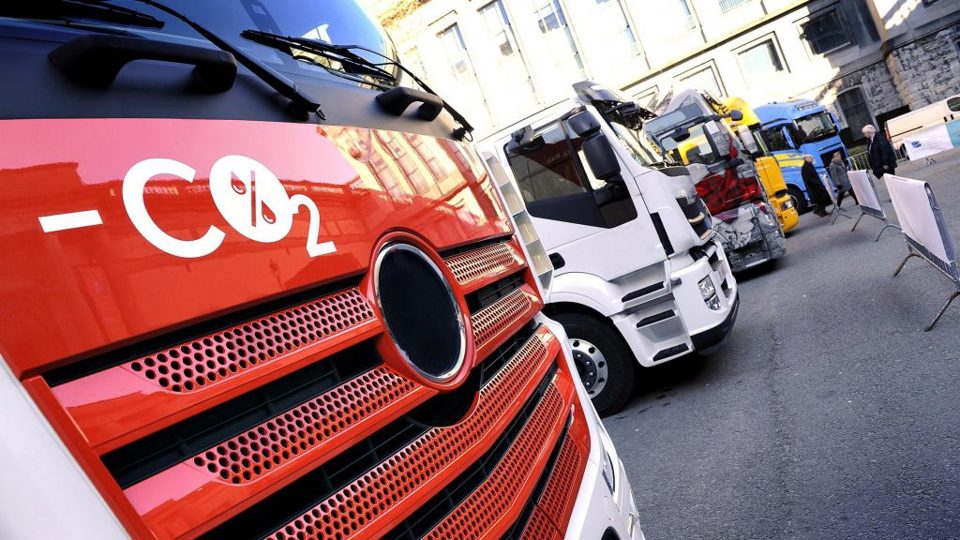




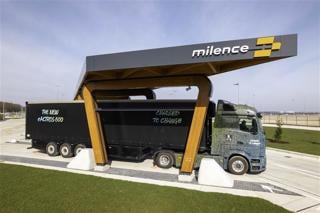
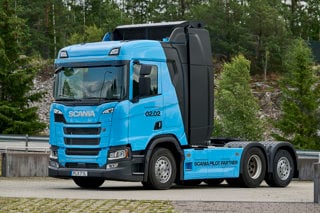
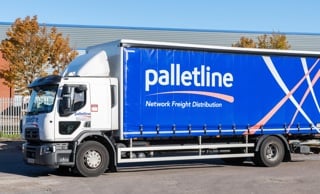
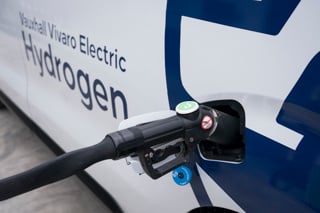
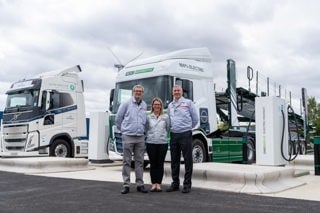











Login to comment
Comments
No comments have been made yet.